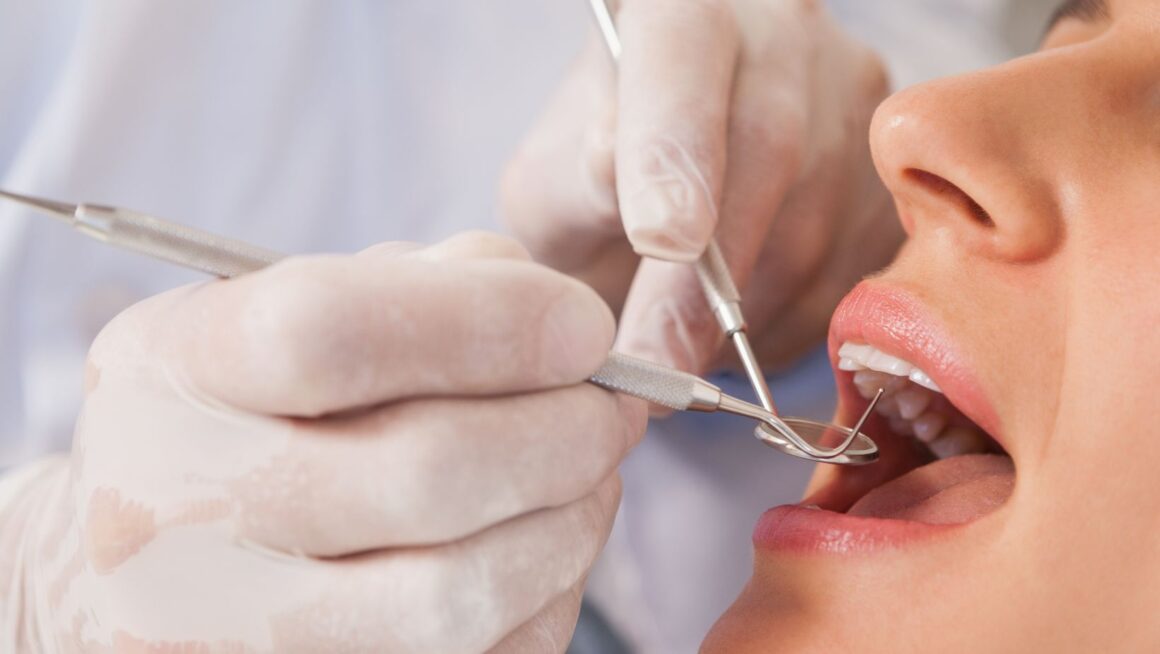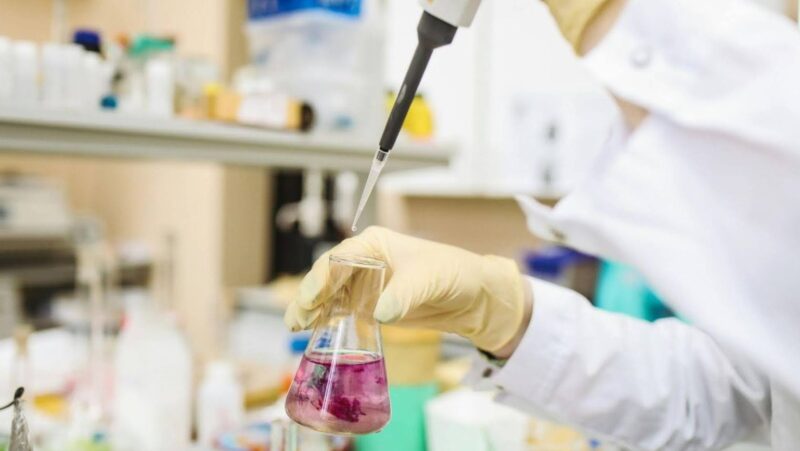
Knowing how a dentist keeps your teeth clean will help you understand your options and show you how you can maintain that all-important winning smile. Practice managers can also use this guide as a quick recap so that they know how to market and advertise treatments to the local community.
Let’s dive into the details so you can see how it all works.
Start with scaling
Plaque and tartar can build up gradually and then result in sudden changes to aesthetics that can knock your confidence and lead to deeper issues. There are a variety of different approaches that can be employed to carry out professional scaling, namely:
- Manual scaling, where vibrating instruments are used to carefully remove hardened deposits from the surface of the teeth. This can also be done right along the gum line, ensuring that gum health is preserved
- Ultrasonic scaling, where specially tuned vibrations are used alongside a water-based spray to remove plaque and tartar that has built up. The highly targeted and precise nature of this type of treatment means it can be highly effective both above and below the gum line
- Deep cleaning, where a deeper scaling treatment is combined with specialist root planning to combat issues like chronic gum disease. Cleaning the roots is a proven way to address complex issues at their source, ensuring the long-term oral health of the patient in the process
Once scaling has been completed to the satisfaction of a specialist, the next step is to move on to polishing.
Proceed with polishing
Polishing is more than a cosmetic step used to address stains because it can also be used to strategically smooth rough edges and surfaces to ensure patient comfort. A smoother finish on the outer surface of the teeth will also reduce the number of microscopic cavities in which bacteria can breed, making it harder for plaque and tartar to take hold once again.
Dental practice managers will typically procure a tested and proven dental Prophy paste that dental hygienists can then use as part of a rubber cup polishing treatment. Prophy paste has a very fine-grit consistency that, when applied to the teeth in a circular motion with the correct pressure, provides a gentle polishing action. The paste is highly specialist in its formulation and will need to be sourced from an established national supplier.

Alternatively, air polishing is sometimes used to polish the teeth with a combination of compressed air, a targeted jet of high-pressure water, and a suitable abrasive solution. The choice of which polishing technique is employed will typically be made by the senior dentist or hygienist based on the individual needs of the patient.
The importance of regular treatments
This section is directed as much at dental practice managers as it is at the patients themselves. Patients need to understand the risks of not taking proper care of their teeth, and practice managers who may be new to the more technical aspects of dentistry will benefit from a quick recap of the benefits. This knowledge can then be used to market and advertise treatment plans to local residents alongside existing individual and family plans. Key points to note include:
- Oral health can only be optimised when bacteria and plaque are routinely removed so that tooth decay, gum disease, and more serious infections are unable to take hold
- Only a professional will be able to make sure the surface of the teeth is smooth without damaging the delicate enamel that forms the outer layer
- Self-esteem can be improved and managed with better dental aesthetics, and a proactive approach to restoring natural whiteness is often all that is required
Patients who are proactive will be able to ensure the long-term health and strength of their teeth and gums, while practice managers who refresh their knowledge will be able to grow their businesses.
Final thoughts
Cleaning and polishing is a two-step process that removes buildups and then reduces their likelihood of returning. That said, it is important to note that this is by no means a one-and-done process — regular appointments and a proactive approach to dental care are the only way to ensure that oral health is always optimised.
It is also important that patients only access prophy paste-based treatments via a trained dental care professional. Attempting any type of DIY smoothing or polishing will pose a real danger of damaging tooth enamel, exposing the very sensitive inner pulp, and irritating the gums in the process.











